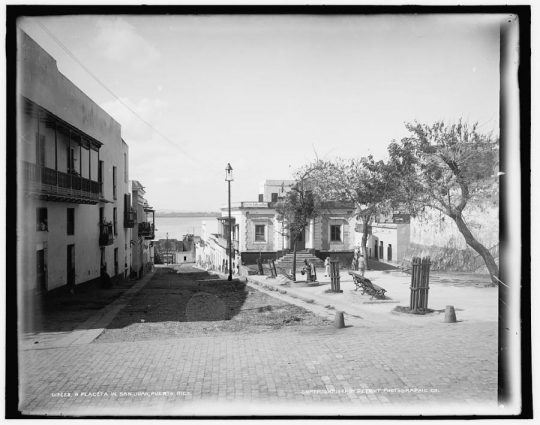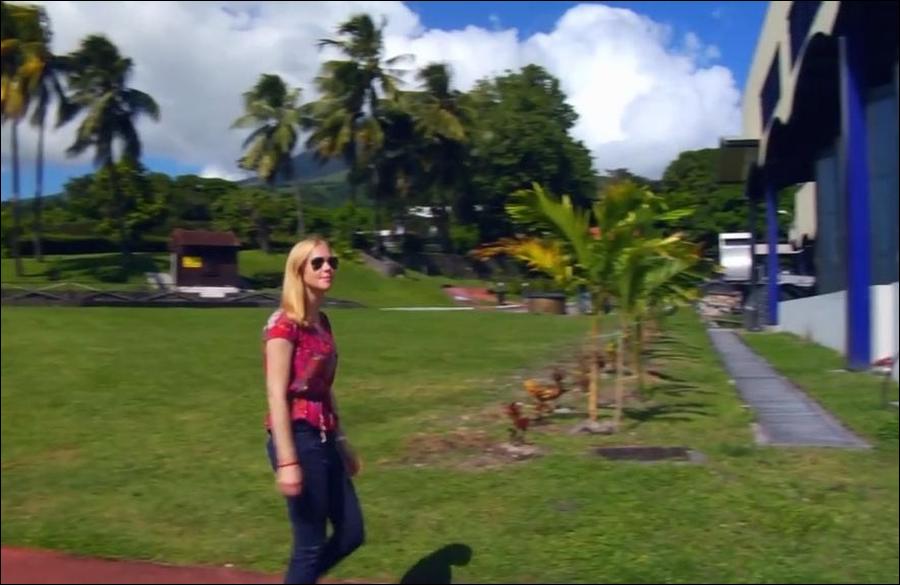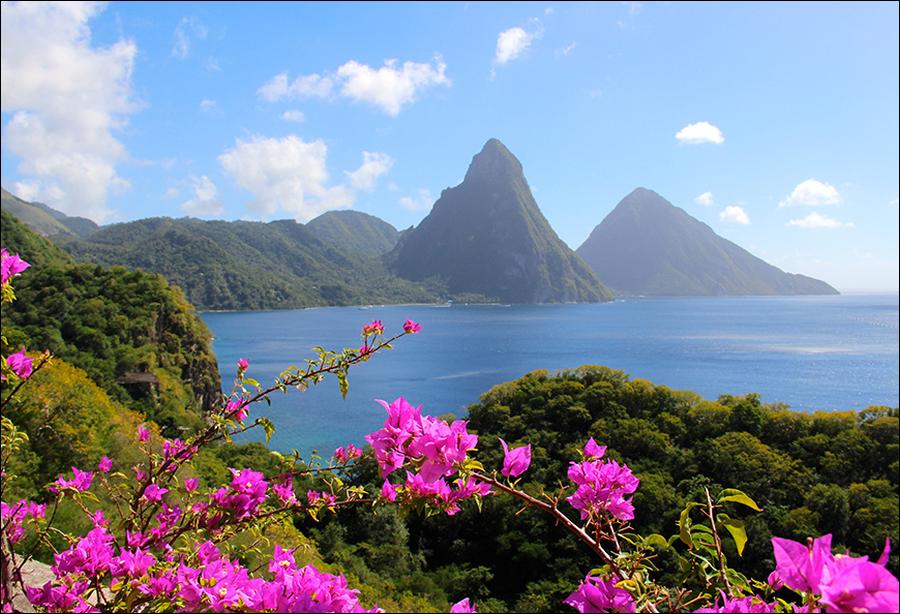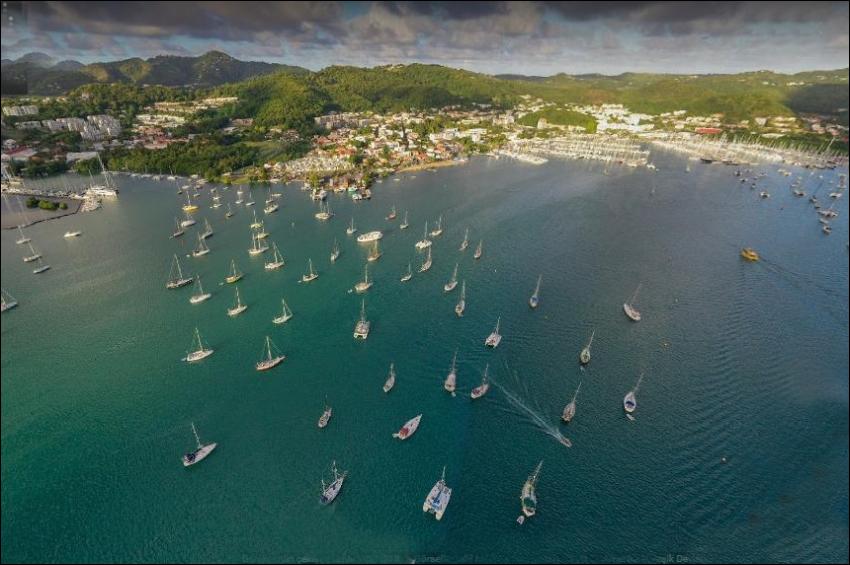In 1900, an observer, looking back over the more than four hundred years which had elapsed since Europeans had entered the Caribbean region, found much to justify a feeling of pessimism as to its future. One area after another had enjoyed a fitful prosperity and prominence in international trade, but in none had there been established a sound local economy. Commercial policy in the earlier periods had been shaped by the interest of European nations.
This had ceased to be the case, but in the colonies the adoption of a more liberal point of view had not brought them prosperity and in the new republics independence had been followed neither by the establishment of stable governments nor prosperous local industries nor steadily expanding foreign trade. But a close student might already discern factors in the life of the Caribbean which were to strengthen its position, greatly increase its production, and again draw toward it, with a new and greater interest, the attention of the world.
These were not developments which would again make the region a center of international military rivalries, but which would emphasize economic competition. They would not reëstablish the preponderance of the sugar trade, but would augment the number of activities contributing to commerce. The increase in economic yield was to become greater than any that had occurred in any century preceding, greater indeed in many respects than in all the years which had passed, since the period of discovery.
The influences which have shaped recent Caribbean advance have increasingly emphasized new world relationships. Their political phases continue to hold first place in public attention, often to the neglect of the growing importance of economic factors. While political and economic conditions influence each other, it is clear that the material progress of the region in the past thirty years has been more rapid than improvement in the character of the local governments.
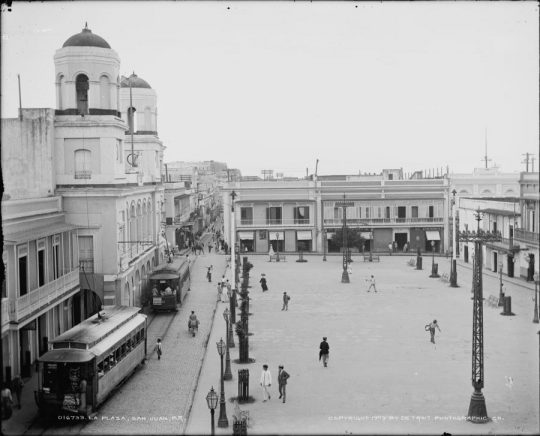
The great expansion of international trade has opened new outlets for all the characteristics tropical products. The great increase in popularion and in industrial activity in the near-by United States has brought into existence unprecedented markets for Caribbean products and has put the United States in better position to supply the broader import demands of its neighbors. Foreign capital has flowed into Caribbean enterprises, chiefly from the United States, and through the creation of greater local taxable resources, has helped to improve the position of the local treasuries, strengthen local credit, make possible better public services, and in general increase the possibility of stable and efficient local governments.
There are few more striking examples of the interdependence, political and economic, which is characteristic of current developments in international relations than that which has come to exist between the United States and the territories around the Caribbean Sea. The development of these economic bonds and the social conditions which promote and limit their growth are the subjects of the following chapters.
Progress has been so rapid and so striking that, not infrequently, enthusiasts both within and outside the Caribbean region overestimate its significance and come to believe that the handicaps and inequalities which have been characteristic of the conditions under which Caribbean communities have struggled in the past have disappeared. These states are now, it is argued, independent politically and economically.
No state, however, is completely one or the other, and the trend of development in the world at large is to make even the strongest powers less so than in times when international relations were a less important factor in public policy and economic exchanges. But the Caribbean states are still subject, in greater degree than other nations termed independent, to handicaps which it is unfair for other states to assume not to exist and which it is unwise for Caribbean communities to refuse to recognize.
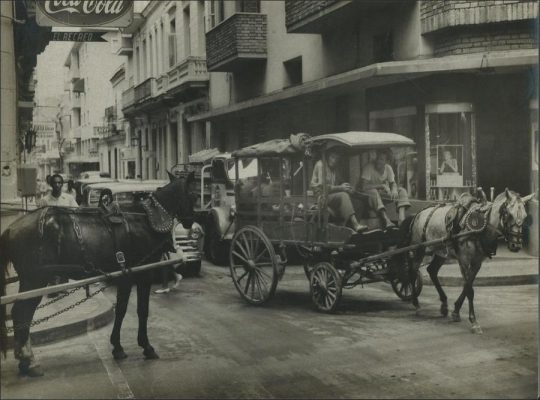
Transformation of the life of a region is slow even under the impulse of new forces such as are now changing the outlook of tropical America. It is a process extending not over decades but over generations. Advance is irregular and not unaccompanied by checks and backslidings. Any dispassionate review of the changes which have come since the opening of the present century cannot fail to reveal both unquestionable progress in the political and economic life of the region, and real limitations on what has been accomplished and perhaps upon what may be accomplished.
Like all other nations, the states of the Caribbean are affected by the climatic conditions under which their people live. Temperature, humidity, elevation, and similar factors influence both the character of economic products and the life of the population. Such influences, or the effect of such influences, may be modified by human endeavor. The advance of science has made it possible, for example, to change some of the conditions of life in regions formerly less attractive for human habitation. The staple crops have also been changed. None of the three main agricultural products upon which the American tropics now rely in their foreign trade was native to America. How far such changes may in the future modify the outlook it is impossible to estimate, but it is clear that climatic limitations and the degree to which certain crops are or are not suited to local conditions are still potent influences in shaping local development.
Differences in the populations of the areas of the world affect their civinzation. The peoples of the Caribbean have a varied racial inheritance. American, European, and African stocks have contributed to make the inhabitants what they are. Immigration, forced and voluntary, has fundamentally modified the ethnic composition and social organization of every Caribbean community, and migrations still to come may further do so. Sociologists may still differ as to whether the cultural, economic, and political capacities of races are in the long run substantially equivalent, but it is hardly questionable that the complex racial composition of the Caribbean population in our own day is one of the factors influencing the possibility of its current advance.
The political experience of the populations of Caribbean states does not rest on a long historical development. The aboriginal element had at the discovery of America no political institutions which have survived as distinctive features of the organization of public powers. The Spanish colonists were given no extensive powers of self-government and those from northern European countries were not granted wide political authority. The African immigrants brought with them no political institutions and in the colonial régime had no political rights. In the independent units self-government is in no case much more than three generations old. It is still an experiment carried on under unfavorable conditions, for the prevalent illiteracy and limited economic independence of the greater portion of the common people place serious limitations on the development of public opinion and popular institutions of government.
Finally, the economic foundation of the Caribbean states has, unquestionably, serious limitations, though the development of material resources in the last generation has been unprecedented and has far outrun that in social and political organization. The typical products for export are few in number. Most of them are of a kind which under present conditions tend to outrun demand and therefore are apt to bring irregular returns.
Crops for local consumption are widely cultivated but in many cases recent developments have accentuated dependence on imports of foodstuffs. Local manufacture of articles necessary for more than a low standard of life is poorly developed. Though the foundation of the life of the Caribbean units has been greatly broadened since the colonial era and particularly in the twentieth century, it is still far less securely established than a satisfactory basis for national life requires. On the further diversification of economic activity depends in high degree the achievement of a satisfactory degree of social, economic, and political stability.
Out of the interplay of these various factors the peoples of the Caribbean must work out their destinies. Some of these items can be modified, so far as we can foresee, but slightly. Others are changing rapidly in our own day. As yet the new influences have not brought the local civilizations to positions in all respects comparable to those in the more advanced nations of regions blessed with greater variety of natural resources and with temperate climates. In some of the units such a development may never occur.
In current discussion, conditions in the states of the Caribbean region are too often compared with those in the better developed nations of the world. In social, economic, and political organization these new states suffer in the contrast. A fairer judgment results from measurement against the picture they presented a generation ago. Progress should be reckoned not only from the goal to be reached. It should also be measured from the starting point and from the rate of current advance. The Caribbean states were launched on their course under great disadvantages, some of which they have not even now thrown off and from some of which, at least in part, they may never be free. But the advance they have made in the last generation is assurance that solid progress is possible, and advance is now occurring at a rate far greater than at any previous time.
